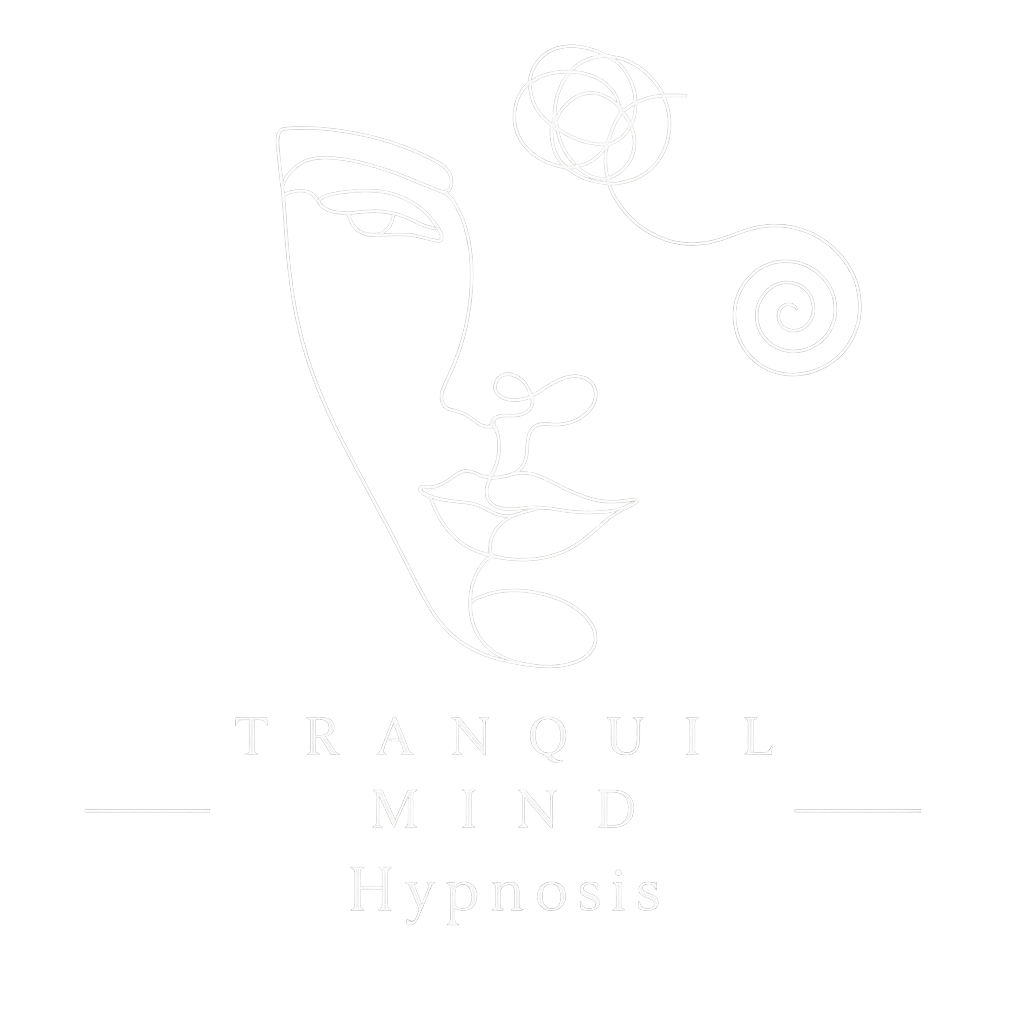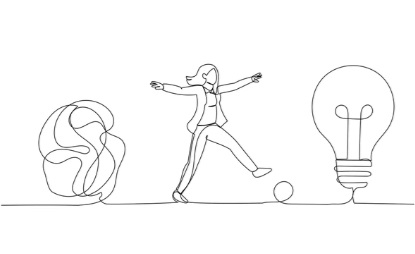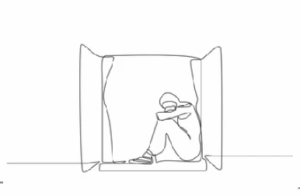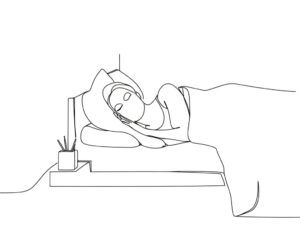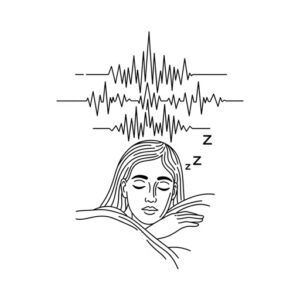I’d tried it all — lavender sprays, weighted blankets, meditation apps, strict sleep hygiene. Nothing helped me fall asleep without a struggle.
Then someone suggested hypnosis.
I was sceptical. Could listening to someone talk me into sleep make a difference?
To find out, I committed to a 30-day experiment: using hypnosis for insomnia every night, to finally break free from the exhausting cycle of lying awake, clock-watching, and dragging through the next day.
This blog is my honest review of what happened — week by week — and what I learned about sleep, stress, and the subconscious along the way.
Week 1: Resistance and Restlessness
I started by listening to a 10-minute sleep hypnosis audio before bed. It felt relaxing, but unfamiliar. My brain kept asking, “Is this working?”
My usual thoughts still popped up:
-
“You’ve got to sleep or tomorrow’s ruined.”
-
“What if this doesn’t work either?”
-
“Just relax… wait, why aren’t you relaxed yet?!”
But the most significant shift came after the session. Even though I didn’t fall asleep during the audio, I noticed I was less reactive. I wasn’t panicking. I just… let it be.
Week 2: Deeper Calm, Fewer Clock Glances
Something changed mid-week. I didn’t realise I’d fallen asleep, which was huge.
The hypnosis audio seemed to bypass the mental chatter and gently guide me into a sleepy state without me noticing. I started waking up having no memory of the ending, which meant I’d drifted off sooner than I thought.
I also stopped checking the clock. My anxiety about “how much time I had left to sleep” faded.
Week 3: Emotional Release & Unexpected Insights
This week was… intense.
Some of the hypnosis sessions touched on deep-rooted beliefs about being safe, being worthy of rest, and letting go of control. I cried one night — not out of sadness, but from relief.
I realised I’d linked rest with laziness and believed I had to “earn” my sleep.
RTT-style hypnosis goes deeper than surface relaxation. It starts to recode your core beliefs about sleep itself. And that’s what started happening to me.
Week 4: Consistent Sleep — No Supplements, No Scrolling
By the end of the 30 days, I was falling asleep without struggle most nights.
Here’s what had changed:
-
No more racing thoughts as soon as I lie down.
-
I stopped needing music, podcasts, or white noise to distract me.
-
I fell asleep naturally, without melatonin or antihistamines.
-
I woke up feeling clearer, calmer, and more in control.
The most significant change wasn’t just in my sleep — it was in my mindset.
I didn’t feel like a “bad sleeper” anymore.
What I Learned About Hypnosis and Insomnia
-
Hypnosis isn’t magic — but it works.
It trains your subconscious to feel safe and capable of sleep. -
Your brain responds to repetition.
Nightly use built a strong, calming association with bedtime. -
Insomnia is often emotional, not just physical.
Hypnosis helped me address the fear, pressure, and overthinking beneath the surface. -
It’s a passive process, in the best way.
You don’t need to “try” to sleep. You just allow it.
Final Thoughts: Would I Recommend It?
Absolutely. Especially if:
-
You’ve tried everything else and nothing sticks.
-
You’re tired of relying on medication or screens.
-
You want a gentle, natural way to retrain your mind to rest.
Hypnosis helped me rediscover sleep as something safe, restorative, and easy, not something to chase or fear.
Curious if it could work for you, too?
🎧 Try my free sleep hypnosis audio or book a 30-minute Sleep Strategy Call to get your personalised hypnosis plan.
